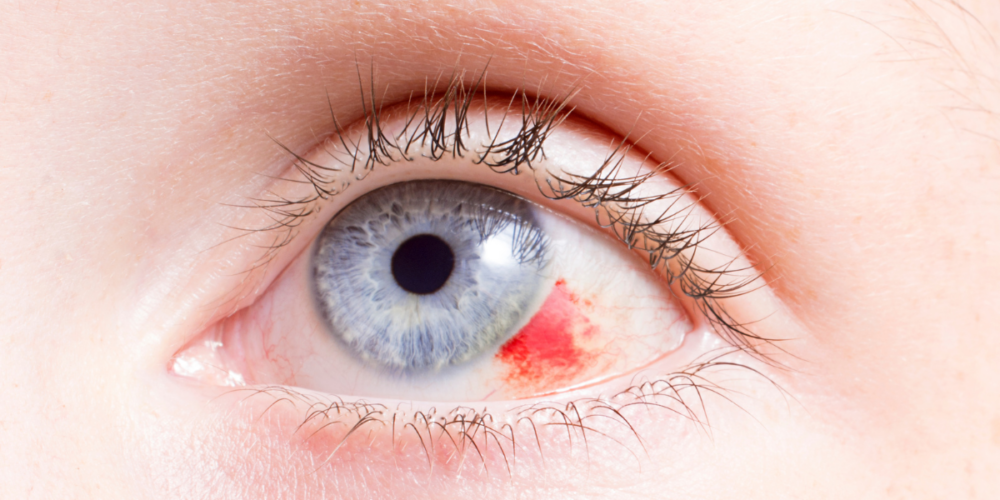The unexpected can strike at any given moment. While we shouldn’t live our lives in fear of what could happen, we should be prepared for real life possibilities. Strategy for dealing with injury starts with prevention. If the odds prove unfavorable, we need solvable skills at our disposal for what to do. The eyes serve as our primary means of perceiving and understanding the world around us. Knowing common eye injuries, including prevention and first aid, will provide the advantage of saving time, and vision, should the worst-case scenario arise.
Common eye injuries include foreign objects in eyes, a physical blow, penetrating injury, scratches & abrasions, chemical burns and sunburn on the eyes. For out of the blue attacks, where something or someone else is responsible for the injury, you may feel powerless in the moment. Quick thinking could subside symptoms and get you back to seeing clearly again. While most foreign object eye injuries are minor, they can result in scarring and infection. Wearing protective eyewear when woodworking, metalworking or playing sports where debris may fly is the best course of prevention. Rinse the eye with clear water or a saline solution and avoid rubbing the eyes. A physical blow to the eye may consist of an elbow, fist or ball forced on the eye. While this situation usually occurs accidentally, wearing sports goggles and being acutely aware of your surroundings is the best prevention. An effective remedy is applying a cold compress, without pressure, to reduce pain and swelling. Seek emergency assistance if vision is blurred, bloody, discolored or if one eye protrudes further out than the other. Penetrating injury is the piercing or cutting of the eye’s structure which may lead to vision loss. This could be from a foreign object or physical blow, but may also be more severe, such as flying bits of glass in a car accident or a puncture from a hook while fishing. Never dislodge the object in the eye and seek immediate emergency medical attention.
Corneal abrasions can come from many sources including fingernails, tree branches or improper use and care of contact lenses. Flush the eyes and blink frequently to lubricate the eyes. Use caution when handling household chemicals. Wear protective goggles and follow safety guidelines when working with hazardous substances. Immediately flush the eye with cool, clean water for at least 15 minutes and seek medical attention. Always shield your eyes when outdoors, especially in sun and snow, with 100% UV-blocking sunglasses. Rest your eyes in a dark room, use artificial tears, and avoid bright lights. Symptoms usually resolve within 24-48 hours.
Stay calm and carry on applies best to common eye injuries, prevention and first aid. Often the instinct is to panic when the unexpected hits. Take a deep breath, or several, and follow the tips above. Seek medical attention right away for your vision safety and quality. For your eye evaluation, contact Eye Institute of South Jersey, P.C. at 856-205-1100 or WEBSITE.

